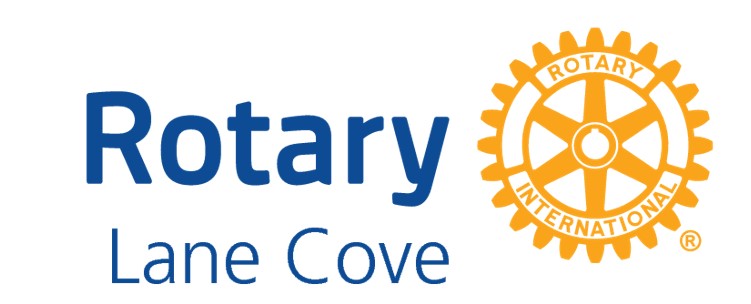
Small Grants Project Indonesia
Just off Australia’s north coast are the islands of West Timor, Flores and Sumba, the largest islands of Indonesia's Nusa Tenggara Timur (East Southeast Islands) province, or NTT. Although close, NTT is rarely visited by Australians. The landscape is mountainous. Volcanic peaks project from lush emerald forests and the rocky coastlines of the many islands are scalloped by white coral beaches. Perhaps you flew over these islands on your way to Bali.
About six million people, mostly catholic farmers, live in small villages. Life is hard, the monsoon does not bring regular rainfall to this region and the rocky terrain prevents sinking of wells. Yet, the volcanic soil is very fertile and tropical crops of cocoa, coffee, and cashews surround every settlement. However, rice is difficult to grow in these conditions and village children are often malnourished and live among poor sanitation, limited medical facilities, and disease. Many must help their parents with farm work or carry water. Less than 40% of children attend school and malaria deaths are common. The average income in NTT is a third of the national average.
Rotary Club of Lane Cove observed these conditions and established the Rotary Small Grants Indonesia Project in 2010 to support farmers and rural schools. The project concept is simple; identify small projects (water tanks, toilet blocks, school libraries), and raise the funds, often as little as $500, for the materials and essential services needed to complete each project. In most cases, the construction work is carried out by the community.
In practice, the Rotary club arranges for a worklist of Small Projects to be provided by an Australian Non-Government Organisation (NGO) called the Nusa Tenggara Association (NTA), using criteria provided by the club. Once approved, the Small Projects are completed under the supervision of NTA and a completion report issued. At this point, the NTA is reimbursed for the agreed budget. In this way, 100% of all money provided by Rotary is directed to the completed Projects. A typical small grant is less than $600, enough to allow a local community group to buy materials and construct a large water tank, for example. The projects are supervised by NTA Indonesia and monitoring tours are usually made by Rotary club members each year, travel restrictions permitting.
The Rotary Small Grants Project has operated for more than ten years from an initial annual budget of $5000 to more than $12,000 annually in 2020-2021. Many rural communities have improved their health, living standards and education through the scheme. Following the Rotary Lane Cove example, other Rotary clubs have become aware of the need and have established similar projects or are making regular donations to the NTA. The Small Grants Project Indonesia appears to meet all of the necessary criteria for a Rotary humanitarian project.
- It satisfies clearly defined social needs.
- It raises the standard of living, health and expectations of the population.
- It assists the local people to educate their children.
- It instils the idea of “ownership”, ensuring continuing maintenance of the new asset.
- It allows each small project to be monitored for quality and additional training provided if necessary, before, during and after construction.
- It documents each small project so that funds can be appropriately targeted, costs reviewed, and donors shown the humanitarian benefit of their donation.
